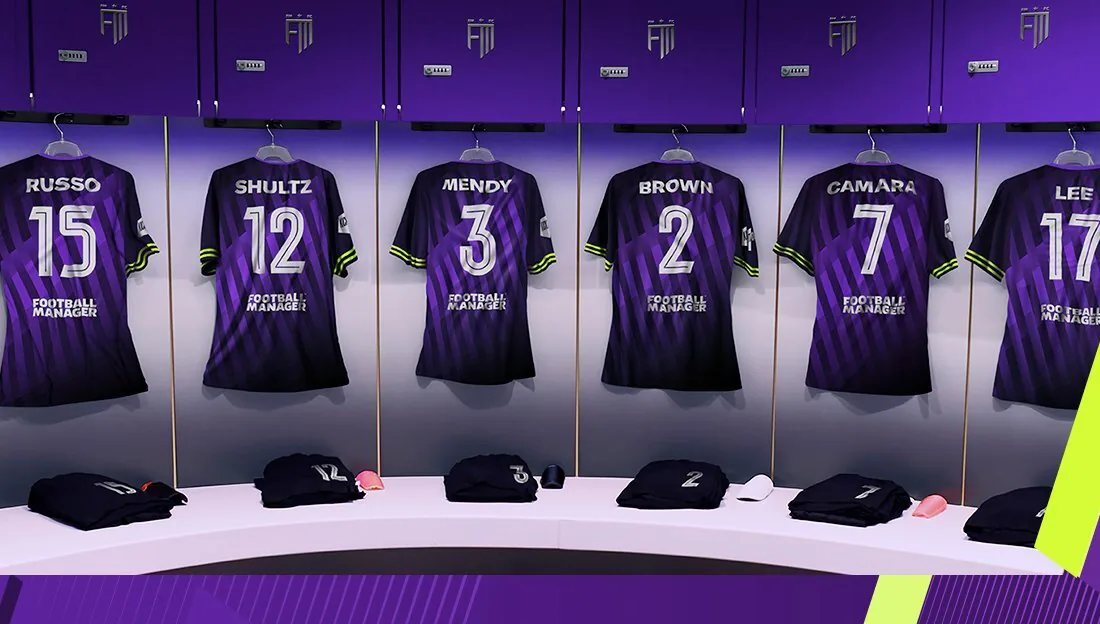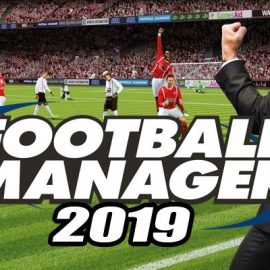Where would football be without transfers? Well you can look at this in two ways really. For a start you wouldn’t have outrageous transfer fees and seismic wage demands and that charismatic and ambitious star striker you have among your ranks wouldn’t be the subject of a protracted, summer long pursuit by a so-called European superpower. Real Madrid wouldn’t have their Galactico’s. Chelsea, Manchester City, Liverpool and Manchester United probably wouldn’t be under foreign ownership. The world of football would be a better place would it not?
I think not. Do transfers not help extend those long and tiresome summers with the back page rumours that link your club to the next Ronaldinho or Zidane. Yeah these so-called ‘facts’ may always prove to be absolute rubbish but they can assist in creating a sense of excitement amongst supporters if nothing else. Anyway this is all beside the point. Whether we like it or not, transfers remain an immeasurably key part of the modern day game and the same can certainly be said of their impact on FM.
Get the advice of your Assistant
Your assistant manager isn’t just there to help you conduct half-time team talks, hold press conferences on your behalf or to take charge of your squad while you nip to the loo and inevitably stick the game on holiday. No, believe it or not but your assistant can be vital in your attempts to lure new recruits to your club.
While the seasoned FM pros among us will no doubt know this before I even begin explaining, when you first look to conduct a player search, you can infact have you assistant filter out unrealistic targets. This is undoubtedly useful as there is little point in targeting players that have very little or no interest in joining your club.
On top of that, your assistant can also offer useful advice on players that may be interested in a loan move to your club. This is certainly an effective tool for all you lower league managers looking to find a promising player to fill the gap but may be unsure where to start such a search. For those of you that were never aware of this revelation, if you click on your first team squad and then go down to the bottom of the screen you will see ‘Assistant Advice’ and then ‘Compile Loan Players Availability Report’.
Refine your search as much as possible
While the advice of your assistant manager is certainly a useful method of searching for players, you don’t want to be solely relying on their word alone. Once you have filtered out those players that couldn’t give two hoots about joining your club, now would be the time to cut down the shortlist even further to ensure you are chasing the perfect player(s) for your team.
By clicking on ‘Filter’ and then ‘Customise’ on the player search screen you open up your search to an array of options and possibilities. First of all I would recommend that you filter out the exact position you are hoping to strengthen and then move on to pick the specifically key attributes that are needed for that position. There are other options you may want to choose to help narrow down your search even further such as the age of the player and their transfer status at the current time but make sure you focus on the fundamentals I mentioned at the start.
For more on player attributes in Football Manager, head over to this post.
Check for free transfers
I can’t emphasise enough just how important it is for you to search for free transfers and those players who are running out of contract. It can save you millions. If you can pick up a player of decent quality for just his wages and a signing on fee, I would urge you to go ahead with it. If all else fails and he turns out to be a complete flop of a player, you can always just flog him at the end of the season and even make a bit of extra cash!
Just make sure that at the end of every season you scour the market for free transfers to see who is available. If you can’t be bothered sifting through pages upon pages of players without a club, for those of you managing in the top leagues a good trick is to sort the players by international appearances which will help list those at the peak of their careers in terms of international recognition.
I would also recommend that you check out those players whose contracts are running out at the end of the season when the January transfer window opens. This will allow you to approach to sign foreign based players on a free transfer within that month but you won’t be able to attempt to sign anyone in the same division until the season ends and their contract expires. Nevertheless, do be aware of those that are in the final year of their current deal.
Work with your Scouts
If you’re not a great advocate of FM Scout, then the involvement of your in-game scouting team could be the difference between success and failure in the transfer market. For a start you can send your scouts to the far reaches of the world to search for hottest prospects on the game although this obviously depends on the size of your club and the ability and knowledge of your scouts.
Not only can your scouts provide you with an accurate report on a potential transfer target, they can also offer advice on what they believe may be the minimum bid you are likely to have accepted for a specific player. This can prove an excellent cost-cutting measure and ensures you don’t go splashing out mega amounts of money when you clearly don’t need to.
For more on scouting within Football Manager, make sure you check out this post.
A tip for lower league managers
Now I know that many of the aforementioned tips to success in the transfer market have been largely associated with clubs playing at the top of their country’s football pyramid so here’s something for all the lower league gaffers out there.
When I was manager of Farsley Celtic in the Conference North, I tended to find that the better players that would improve my squad were indeed already plying their trade in league football with bigger clubs. I would therefore proceed to sort players by their wage which would often help uncover those players in league football who weren’t necessarily valued as high as those at non-league clubs.
I understand that that bit of advice wasn’t exactly ground shattering. Although another tip I would throw your way is to keep offering a contract (preferably full-time) to your most important and highly paid players but each time bring down the weekly wage amount and try to avoid a signing on fee. If you bring down the amount by about £150-£200 each time, you can gradually get your big earners down to pittance. It’s a bit of a laborious process to be honest but it’s great if you are on a really low budget and need your wage bill to be next to nothing to survive.
Add Sportslens to your Google News Feed!






